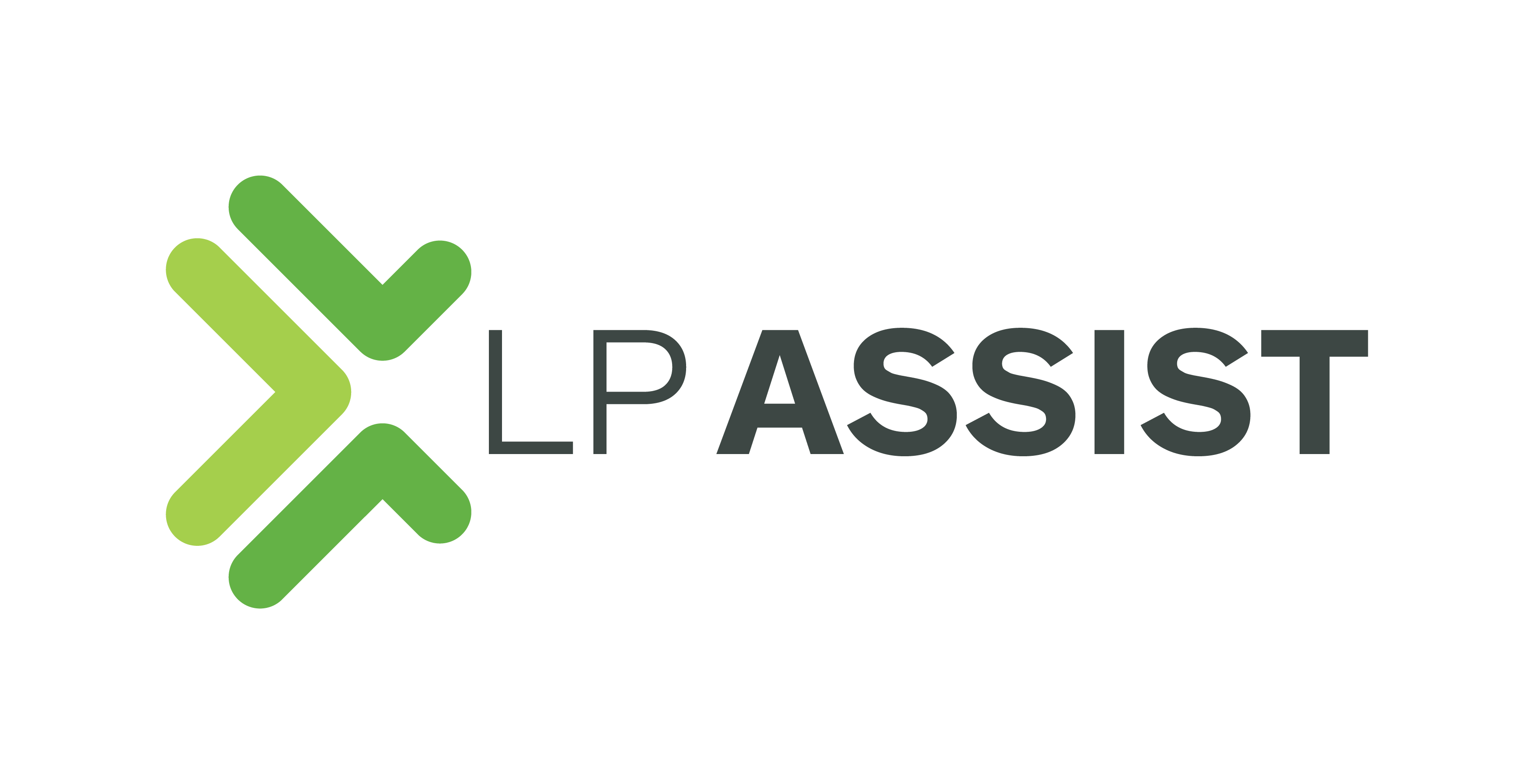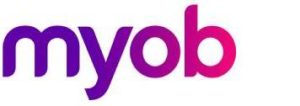One of the most common questions we get asked is: What expenses can I claim for my business? Of course, the answer to this question depends on your situation and your business. But as a general rule, if an expense exists as part of your business, you can claim it.
Almost all businesses can claim:
- Accounting fees
- Business consultant fees
- Stationary expenses
- Repairs & maintenance on any equipment your business relies on
- Cell Phone expenses
- Business premises rent and costs relating to maintaining the premises
- Goods purchased for the purpose of sale to customers
- Staff training costs
- Employee wages
- And more
However, there are a few expenses that are not so cut and dry. So, let’s take a look at some of the more complicated expenses and how you might go about expensing them.
Vehicle Expenses
If you use your personal vehicle for business purposes, you can claim a portion of your vehicle expenses. To do so, you’ll need to keep a logbook (which can be electronic or a physical notebook). Over a three month period, log all personal and business related vehicle use. You can then calculate what percentage of your total travel relates to your business. For example, if you traveled 1,000km over those three months and 600km of that travel was business related, your percentage of business-related travel would be 60%. You can then claim 60% of all vehicle expenses, including fuel, maintenance and registration. This percentage is valid for three years (after which, you’ll need to repeat the above process). It’s also worth noting that if you get a new vehicle or your business type changes, you’ll need to redo the logbook process.
Home Office
Working from home is becoming more common. If you run a business and work from home, you are able to claim a portion of your household expenses. This includes:
- Repairs & maintenance of the home
- Rent
- Mortgage interest
- Security systems
- Electricity
- Rates
- Internet
The portion you can claim is based on the percentage area of your home office when compared to the total area of your home.
Travel Expenses
If you travel for work, you can claim lots of travel expenses. These expenses include:
- Travel between work related destinations (e.g. from your office to your client’s office or a manufacturer’s office, or to a business related meeting)
- Overseas travel, including flights, meals and accommodation
- Taxis, ride sharing or mileage if you use your own car
- Meals and snacks (unless they are deemed entertainment expenses; see below)
But there are also travel expenses you can’t claim. The two that can be confusing include:
- Travel expenses between your home and your usual place of business (whether that is an office, store, warehouse or farm).
- Your lunch or other food while you are working at your usual place of business
Entertainment Costs
Some types of entertainment expenses can be claimed, though the percentage of the expense that can be claimed depends on the expense itself. There are two sections of deductible expenses:
- Entertainment expenses where you can claim 50% of the costs
- Putting on a staff Christmas party
- Buying gifts for clients in New Zealand
- Taking clients out for lunch
- Putting on evening drinks for Employees
- Renting corporate boxes or buy season passes to sporting events
- Entertainment expenses where you can only claim 100% of the costs
- Shouting employees morning tea on the employers premises
- Transporting employees to attend a staff Christmas party
- Light meals provided to employees at lunchtime meetings
- Subscriptions to sporting clubs such as a golf club
Watch out for Fringe Benefit Tax
Some expenses, such as staff gifts, are 100% deductible but may incur Fringe Benefit Tax if they exceed a certain amount. Get in touch with your accountant for more details.
Final Notes on Expenses
These are all expenses you can claim for Income Tax. You may not be able to claim some of these expenses for Goods and Services Tax (GST). This is something your accountant will know.
It’s also worth noting that the above advice is generic and won’t necessarily apply to your business. If you have any questions about what expenses count for your specific business, talk to your accountant or reach out to us.








